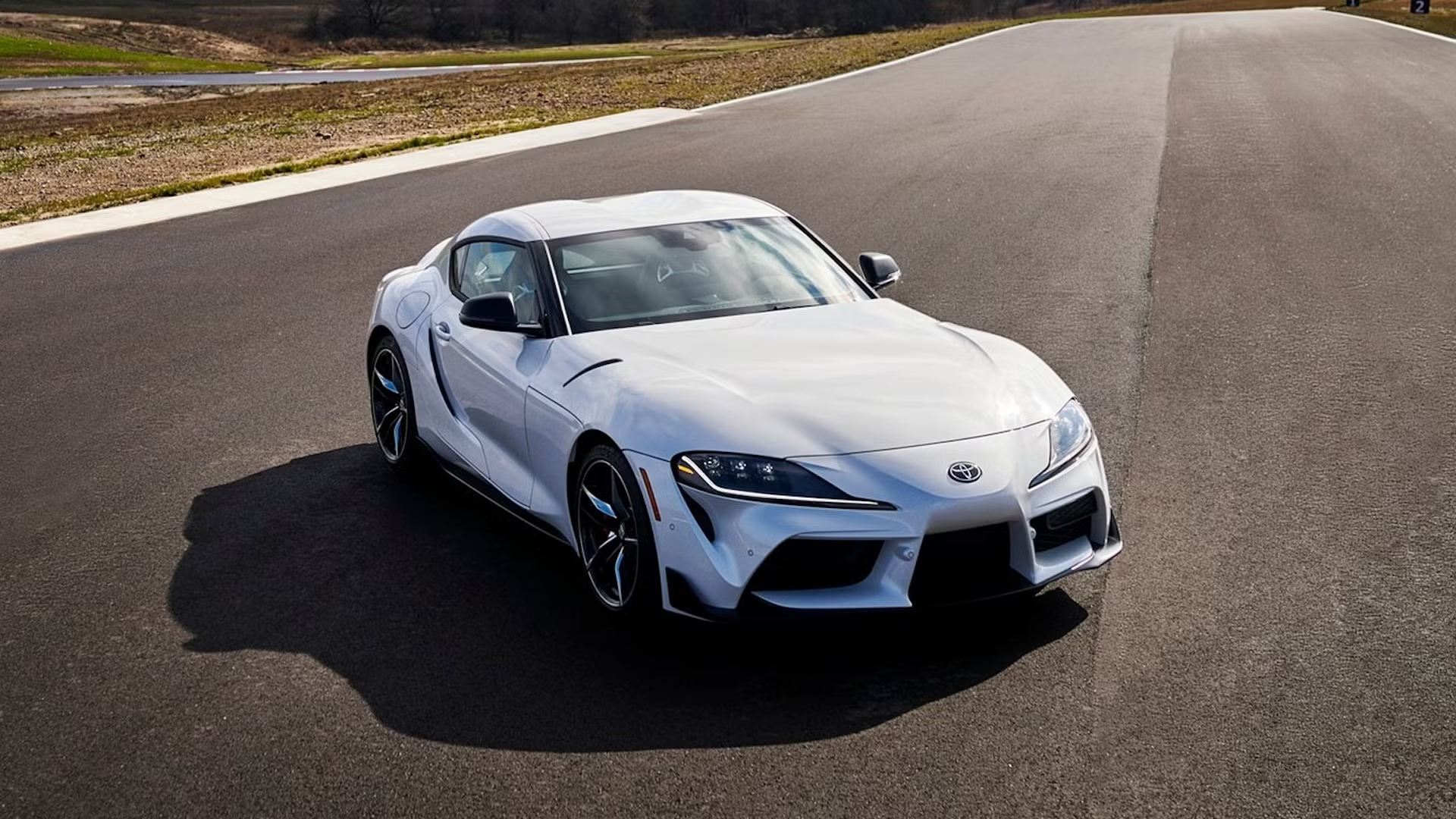Tesla CEO Elon Musk has publicly expressed his opposition to electric vehicle (EV) tax incentives and tariffs on Chinese EVs. In recent comments, Musk argued that Chinese automakers, if left unchecked by trade barriers, would dominate the global EV market, significantly impacting competitors in the U.S. and Europe. He believes that imposing tariffs or trade barriers is essential to protect domestic EV manufacturers from the highly competitive Chinese EV industry.
Chinese EV Competitiveness
Musk’s concerns stem from the rapid advancements and cost-efficiency of Chinese EV manufacturers. Companies like BYD have already surpassed Tesla in terms of sales volume, thanks to their aggressive pricing strategies and diverse product lineups. Musk highlighted that Chinese automakers are the “most competitive car companies in the world” and could potentially “demolish” other car companies without proper trade protections.
Implications for the U.S. and Global Markets
The potential dominance of Chinese EVs has significant implications for the U.S. and global automotive markets. China’s control over the lithium-ion battery supply chain gives its manufacturers a substantial advantage. With 70% of the world’s battery production and 60% of the battery mineral supply coming from China, U.S. and European automakers face an uphill battle in competing on both price and technology.
Government Responses and Industry Reactions
In response to these concerns, there have been calls within the U.S. and European Union consider increasing tariffs on Chinese EV imports. The Biden administration has announced plans to raise tariffs on Chinese EVs from 25% to 100% as part of broader trade measures. Similarly, the European Commission is investigating the necessity of additional tariffs to protect its automotive industry from subsidized Chinese products.
Musk’s Historical Views on Regulation and Protectionism
Musk’s call for protectionist measures marks a departure from his usual stance on government intervention. Historically, he has been critical of regulatory bodies and has advocated for minimal government interference in business. However, the escalating competition from Chinese EV manufacturers appears to have shifted his perspective towards supporting tariffs to ensure the survival and competitiveness of domestic and European EV producers.
The Future of EV Competition
Looking forward, the global EV market is poised for intense competition. Tesla plans to introduce a next-generation EV on a new platform by 2025 to remain competitive. This new model is expected to be more affordable, targeting a broader market segment. However, with Chinese manufacturers like BYD aggressively expanding their international presence, the landscape of the EV industry will likely continue to evolve rapidly.
Elon Musk’s opposition to EV tax incentives and support for tariffs on Chinese EVs underscores the growing tension in the global automotive industry. As Chinese manufacturers gain ground with their competitive pricing and technological advancements, Western automakers and governments face critical decisions on how to respond to this challenge. The outcome of these decisions will shape the future dynamics of the global EV market.










Add Comment